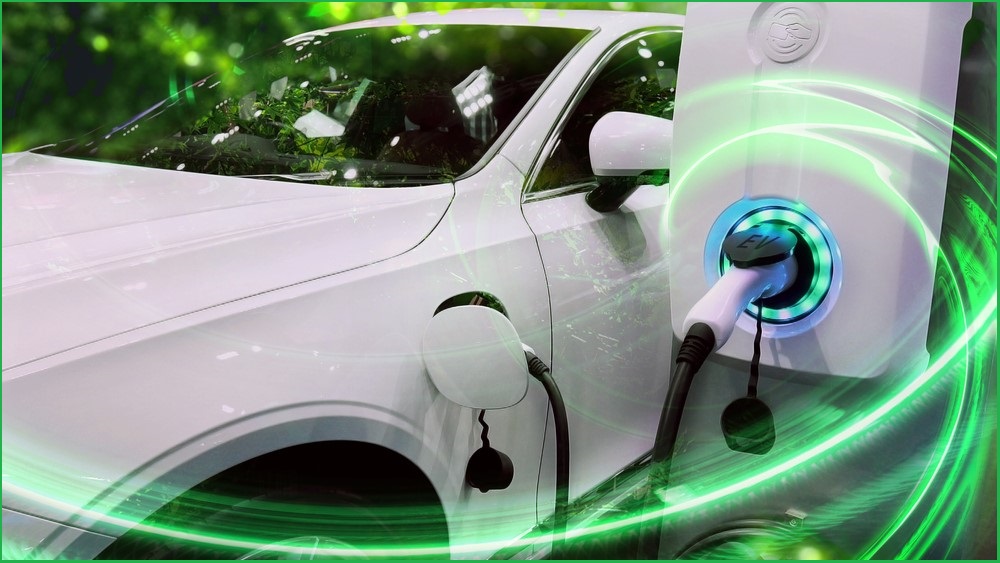Australia will finally have a fuel efficiency standard at the start of next year with hopes it will increase the availability of affordable electric vehicles and save drivers $1,000 per year on petrol.
After announcing plans to introduce a fuel efficiency standard last year as part of the National Electric Vehicle Strategy, the federal government has now revealed its preferred model for such a standard and a one-month consultation period, with plans to have the scheme in place by the start of next year.
This will set a cap on the average emissions per kilometre for new cars sold across the fleet for each manufacturer in Australia, with fines applied for companies exceeding this limit.
The standard aims to encourage car manufacturers to provide more fuel efficient cars and electric vehicles to Australian consumers.
Australia is currently the only developed nation apart from Russia to not have such a standard in place, while the US has had limits on emissions for more than 50 years.
No longer a dumping ground
Climate Change Minister Chris Bowen said the lack of a standard has led to Australians paying more for petrol.
“It means Australians are paying more at the bowser than they should compared to people in other countries because they’re using more petrol and diesel,” Bowen said in a statement.
Bowen said the reform is a “win-win” for consumers, with more affordable and efficient vehicles to be available in the coming years.
According to government analysis, Australian drivers will save up to $1,000 per vehicle on fuel by 2028.
The announcement has been welcomed by a range of climate and electric vehicle organisations.
The Electric Vehicle Council of Australia said Australia had become a “dumping ground” for inefficient vehicles because of its lack of a fuel efficiency standard.
“Australia has always been at the back of the queue when it comes to the best and cheapest electric vehicles, because car makers have been incentivised to offer them elsewhere first,” the organisation said in a statement.
“That should end now with this policy and Australian car buyers should notice the change very quickly.”
The incoming standard has also been welcomed by ridesharing giant Uber, which is aiming to reach zero-emissions by 2040.
“It’s encouraging to see the government propose a fuel efficiency standard that will catch Australia up to its international peers and have a meaningful impact on the country’s emissions targets,” Uber Australia managing director Dom Taylor said.
“[It will] help bring a wider range and greater volume of lower-cost EVs to Australia, making it easier for rideshare drivers to make the switch to a zero-emissions vehicle.”
The upfront cost of an electric vehicle is the “biggest barrier” stopping Uber drivers from making the switch, Taylor said.
According to a survey of 2,000 Uber drivers, half were open to buying an EV as their next car, and a third were planning to get one in the next year, but many cited upfront costs and a lack of affordable models as barriers to doing this.
The government’s announcement was also welcomed by motoring association NRMA, which said it was a “responsible and achievable option” that would help to reduce emissions and save consumers money.
Independent Senator David Pocock backed the proposal but is pushing for it to go into effect in July rather than the start of next year.
Backlash from the Opposition
Announcing the proposal, Transport Minister Catherine King flagged that Australians would hear “all sorts of nonsense” on the fuel efficiency standard from the Opposition and a “range of stakeholders”.
“We’re going to hear that utes are banned – that is not true,” King said.
“It is about new vehicles. We’re going to hear about prices – there is just no evidence to say that it will affect prices at all of SUVs, or utes or any other vehicle.”
The Opposition responded to the scheme by saying it could make some vehicles more expensive.
“Fears from industry representatives today that the government’s heavy-handed approach will drive utes off roads is of deep concern to the Coalition,” an Opposition statement said.
“There is a risk Labor’s scheme will be just another subsidy for the rich and large corporations with fleets, while the benefits remain out of reach of low and middle-income families and the nation’s tradies.”










